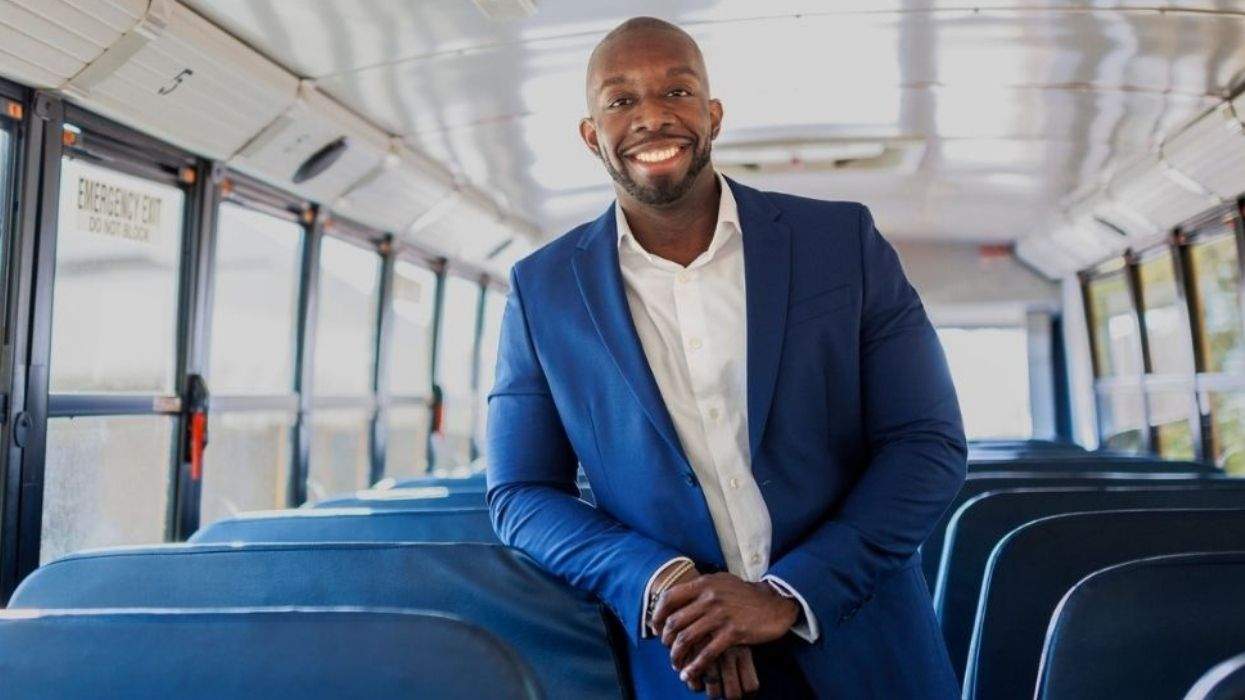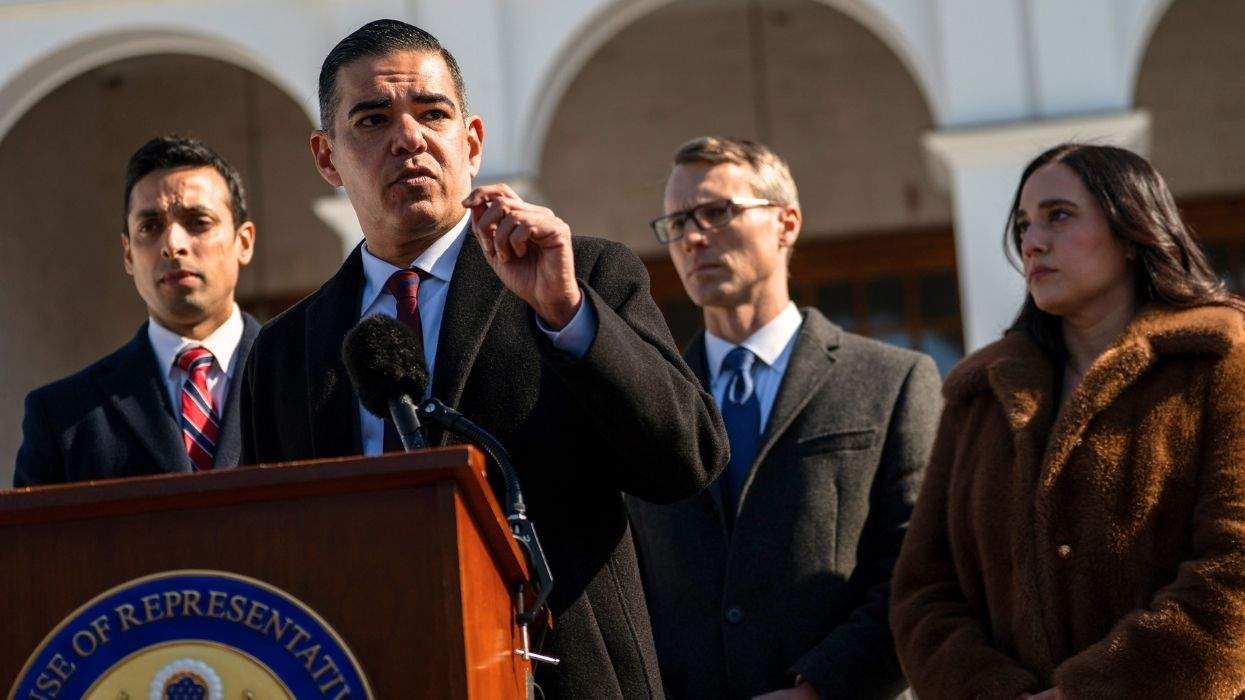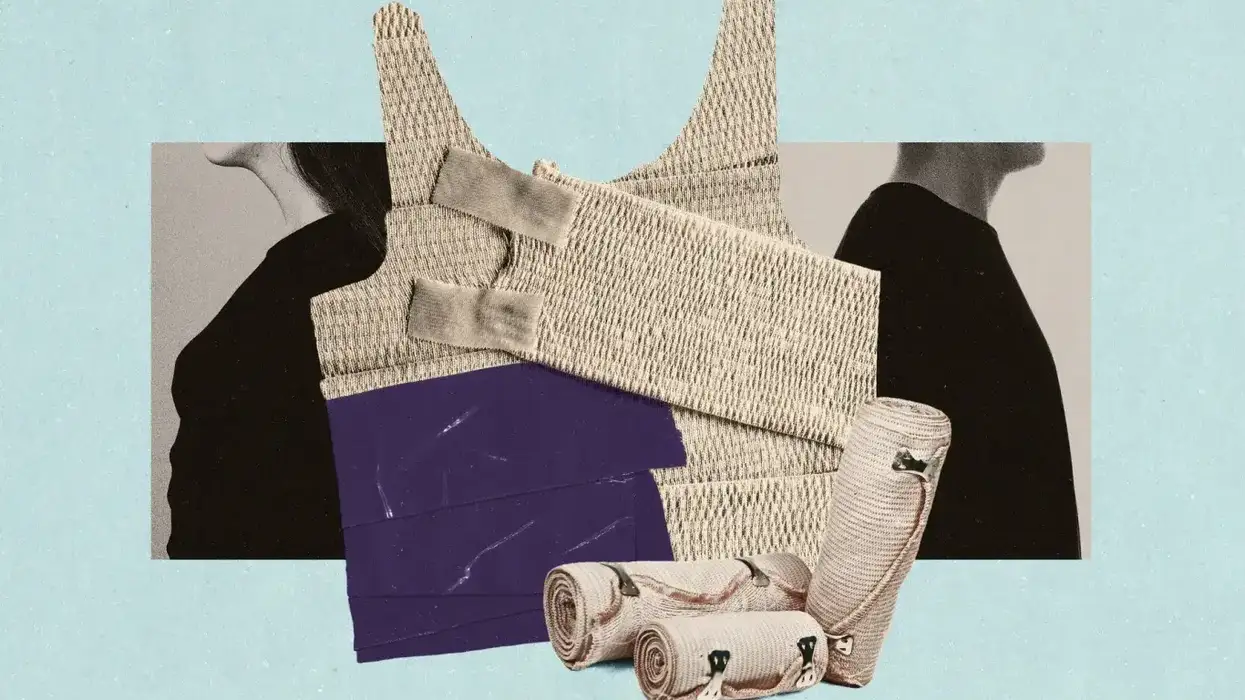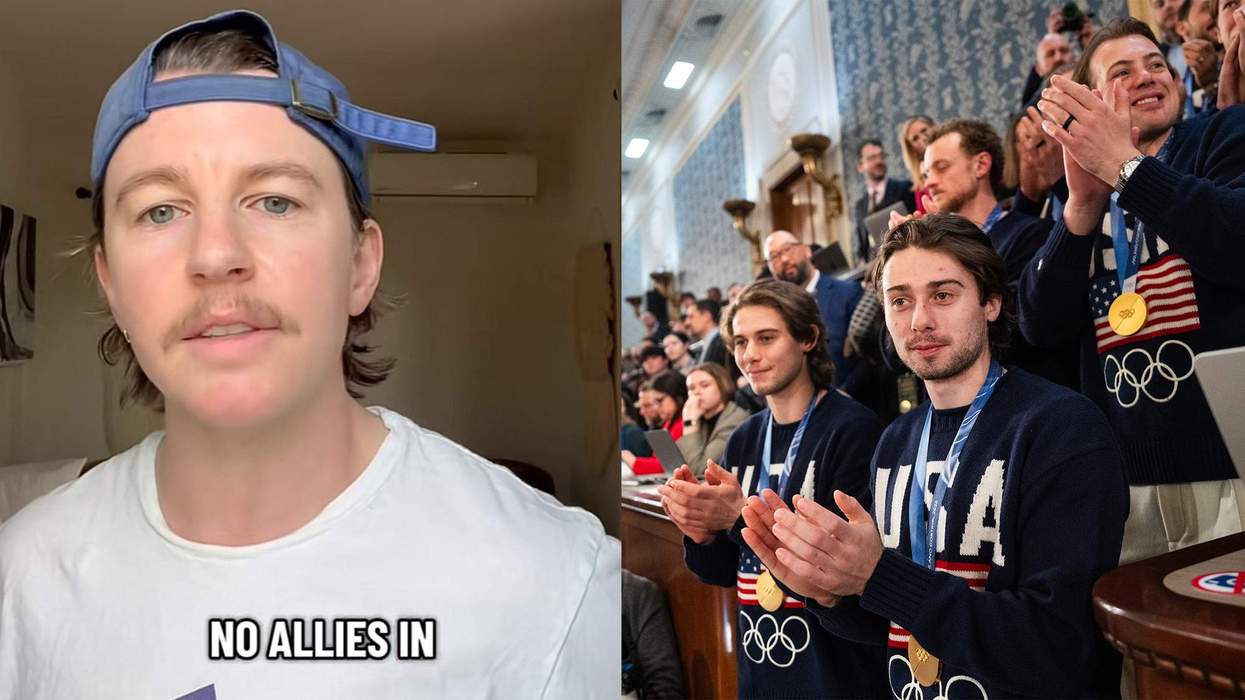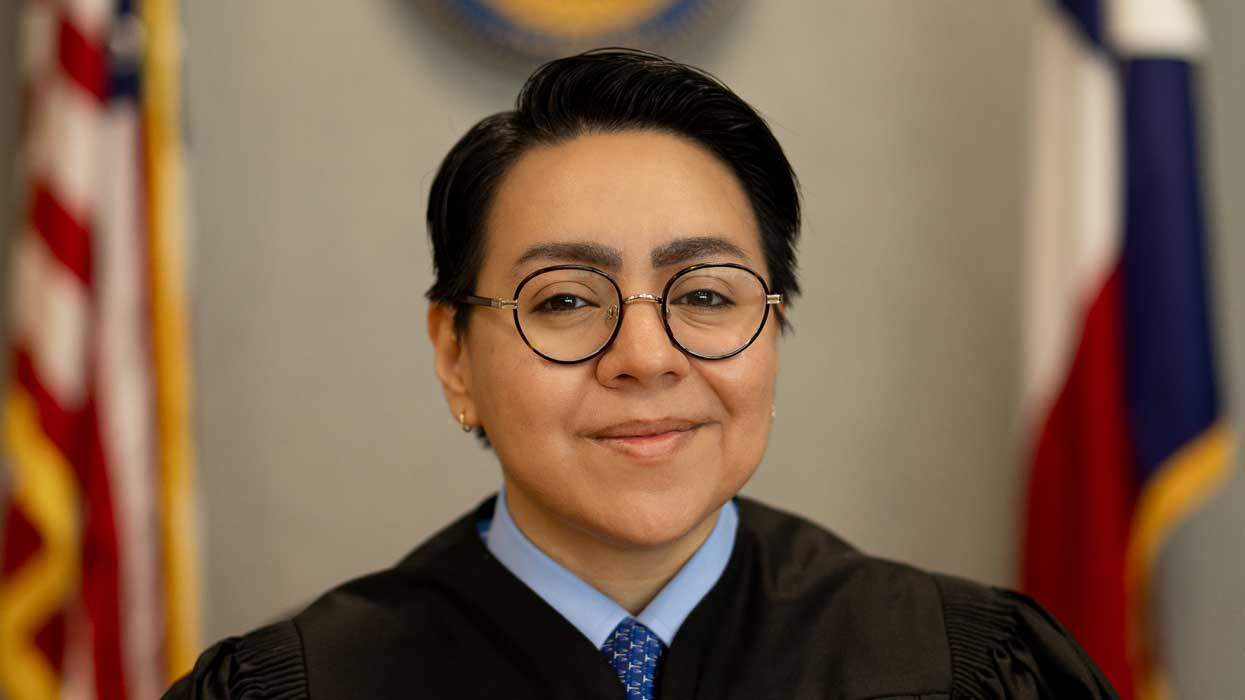It was recently National Grief Awareness Day. To me, a day devoted to acknowledging grieving is more suitable for the gloomier days of fall or winter, rather than a sunny August day in summer; however, it only goes to show that grief is not bound by months or seasons. Grief can be fleeting. It can be consuming, everlasting, and debilitating.
I’m thinking today about my dad, gone 46 years and still thought of every single day. I still grieve for him. Also in my thoughts are my grandparents, my closest friend Ed, and the most spiritual person I ever knew, my friend, Father Angelo Gambatese. He helped me come to terms with myself and my sexuality.
One thing about Father Angelo was that he never talked about himself. He was always interested in you, and how you were doing. He was a wonderful listener and incredibly compassionate.
I’ve written before about him, and how I once asked him about what he thought the true meaning of love was. As usual, he was exceptionally insightful. "God's love is all around us. We just need to be aware of it, and take notice of it when we see it," he started. Then, in a rare bit of self-reflection, he talked about himself.
"During the height of the AIDS crisis, and for a long time after, I was a counselor with an agency in New Jersey that helped people with the HIV virus, and that was during the early days of the epidemic. It was there that I saw the essence of true love," he said. "Watching the partners of so many wonderful men who were dying of AIDS was life altering. Their love persevered and was resilient in the face of so much unconscionable sickness, death, and tragedy. That was true love."
Those who exhibited that love watched their lifelong loves wither away and die. That suffering, married with caring, is indescribable. One man lay sick and sullen, while another was a caretaker and comforter. For the survivor, it is something that is enormously difficult to recall, even 40 years later.
I reached out to a couple of people I know who l lived during that era, and who are still alive. I asked to speak to them about how they grieve, and how what they recall affects that grief. Not surprisingly, and with the exception of one, no one was willing to go down that dreadful road with me again.
The Greatest Generation refers to those Americans who lived through the Depression in the 1930s and those who fought in World War II. We are in the midst of saying goodbye to the remaining few who are still alive.
For the LGBTQ+ community, many have said that our Greatest Generation were those who survived or were caregivers during the early years of AIDS. Those who fought for their lives and died during a time when society, government, and even their own families shunned them.
And similarly in the way we are losing members of America’s Greatest Generation, our heroes from those early days of AIDS are also starting to age out, encounter health problems of their own, and die. While they disappear, the deceased take with them so much knowledge, so much insight, and so much heartache about that horrible time, which tragically becomes more of a distant memory with each passing year.
In March of 2021, I wrote about the AIDS Memorial on Instagram and a gentleman — who has become my friend, Stuart — curates stories on the platform about those we lost to AIDS. For good reason, Stuart doesn’t like to talk about his work, or what he does; rather, he lets the moving remembrances that he posts do the speaking. I have learned a great deal about grieving through the AIDS Memorial account, and so much about life.
There was so, so, so much life behind those we’ve lost to AIDS that you wonder, if they had survived, how different our world would be today? In our culture, we tend to pay attention to those who are famous or noteworthy. So much has been written about the famous men who have died of AIDS, like Rock Hudson or Freddie Mercury.
If you look at the posts on the AIDS Memorial, you will see that while the victims might not have been famous, they were heroes and icons, nevertheless. Particularly to their partners, lovers, husbands, or longtime companions they left behind. Reading the recollections of these individuals, who faced terror each day, can be haunting.
Some are immeasurably sad, some are humorous, and all are deeply personal. The truths they share about their lost loves are etched so deeply in their souls. They want all of us who read about their loss to understand the beauty of their relationships.
Though he’s never posted about it on Instagram, or let alone talked in great detail, I have a friend who lost his first boyfriend, David to AIDS in 1988. I reached out to him, told him I was writing a column about grieving, and wanted to talk about those partners, lovers, and caregivers who survived.
I asked him if he'd be willing to share his story. He reluctantly said yes, on the condition that he remain anonymous.
“Sheesh, I try not to think about that too often,” he said with a very long agonizing sigh. “It’s not that I don’t think about David. I think about him every day, probably every hour of every day, even after all these years, but I don’t think about him suffering. That’s something I’ve just compartmentalized, put in the very back of my mind, and I just don’t go there.”
“I had to care for my mother when she got sick, but it wasn’t the same thing, obviously. Those days when David was so sick were just exhausting, to be perfectly honest. And watching him deteriorate was horrible, just horrible. But it was also so frustrating, to be honest again. There was just nothing you could do, and that burned me up. Didn't seem like anyone gave a shit about us."
Did he have anyone to help him, I asked? “That’s a whole other story. Neither one of us was out at the time. You couldn’t be in our professions, so we tried to hide as best we could. Some friends found out he was sick, and offered to help, but we didn’t want anyone getting into our business, so the answer to your question is no. I wasn't trying to be a martyr. I’m sure there were a lot of others who went through the same things we did. We just kept it to ourselves to avoid any blow back."
“I’m still not out to people that I worked with or to some family members, so there’s people in my life that have no idea of the agony that David and I shared. And of course the love we had for each other. I have no desire to ever bring that up with anyone I don't know really well. Besides, the focus should be on what David went through, and not on me.” He told me that was all he had to say.
There are probably countless thousands, like my friend, who had the same experience, and can’t bring themselves to talk about the heroism of their caretaking. We don’t often talk about those who endured, and survived, and watched their loved ones slip away. And that's because treatment options came along to save lives, new fights for equality and marriage, and new generations who are lifetimes away from knowing about the deaths of those like David.
Part of the reason, too, that the caretakers are not acknowledged often is because they simply do not want to talk about what happened to them. And for others, like my friend, they want the spotlight to be on the people who battled and lost their fight with AIDS.
Those of us of a certain age who lived through that gruesome time period, but were spared its consequences, feel gratitude along with some guilt. The burden fell so hard on so many, often in silence, and that silence, to some, remains.
If you’re looking for a way to acknowledge National Grief Awareness Day, and you know someone who survived those dark days of the AIDS crisis, or who was a caretaker to a loved one or partner, reach out and tell them how much they are appreciated.
Afterall, they are the essence of what true love is all about.
John Casey is senior editor of The Advocate.
Views expressed in The Advocate’s opinion articles are those of the writers and do not necessarily represent the views of The Advocate or our parent company, equalpride.


